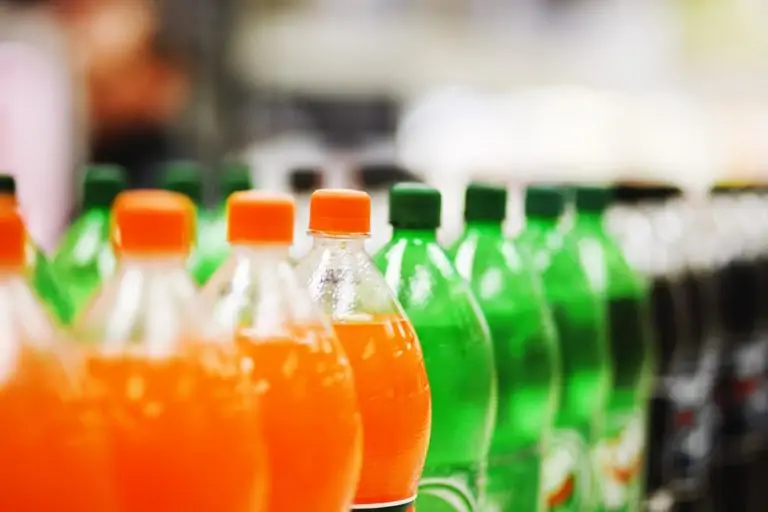Advertising energy drinks has been outlawed and a partial ban on energy drinks sales from certain types of facilities has been imposed in Saudi Arabia. Despite this, the flourishing demand for soft drinks is set to continue in the Kingdom buoyed up by the absence of alcoholic drink options, a hot climate and a large youth market that is attracted to western lifestyle products.
Soft Drinks Sector
By volume, Saudi Arabia’s soft drinks industry accounts for about two thirds of the GCC region’s soft drinks sector. The soft drinks sector is divided into the cold drinks segment – fruit juice, dairy drinks, bottled water and carbonated beverages – and the hot drinks segment, dominated by tea and coffee.
In per capita terms, consumption of soft drinks has increased from 217 litres in 2004 to more than 250 litres in 2014, over which period the industry grew from $5.5 billion to $8.5 billion. Bottled water and carbonates make up 80 percent of sales.
Saudi Market
The Saudi market has a number of characteristics that are of particular interest to international investors. In most markets, the soft drinks sector faces stiff competition from the alcoholic drinks sector, which is not a factor in the KSA where alcohol is prohibited. A second factor is the year-round hot climate in Saudi Arabia, where people have to rehydrate regularly. A third factor is a large and growing Saudi population, which at 29 million people makes it the largest market in the GCC, with young people making up more than half of the population.
Soft drinks industry
The soft drinks industry in Saudi Arabia presents a unique landscape, as it holds great growth potential despite the pressure of regulatory changes and unique cultural preferences. At Farrelly Mitchell, we hold deep insights into the Saudi food and beverage landscape. Our consultants boast decades of experience working with food and agribusinesses in Saudi Arabia, supporting mergers & acquisitions, operational improvement, market intelligence & insights, and much more.
We support both public and private sector clients throughout the agrifood value chain, ensuring that our clients achieve sustainable growth and commercial prosperity in the face of market and regulatory challenges. To leverage our expertise and gain a competitive edge, contact us today.














